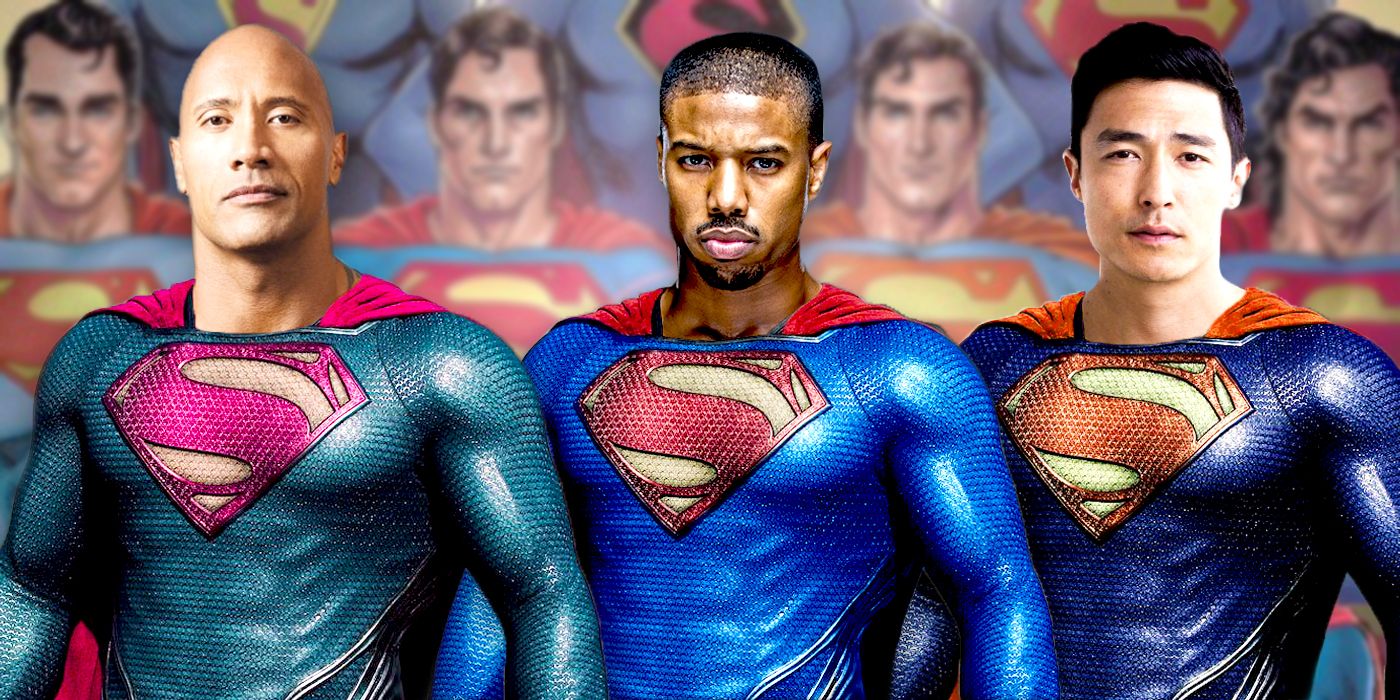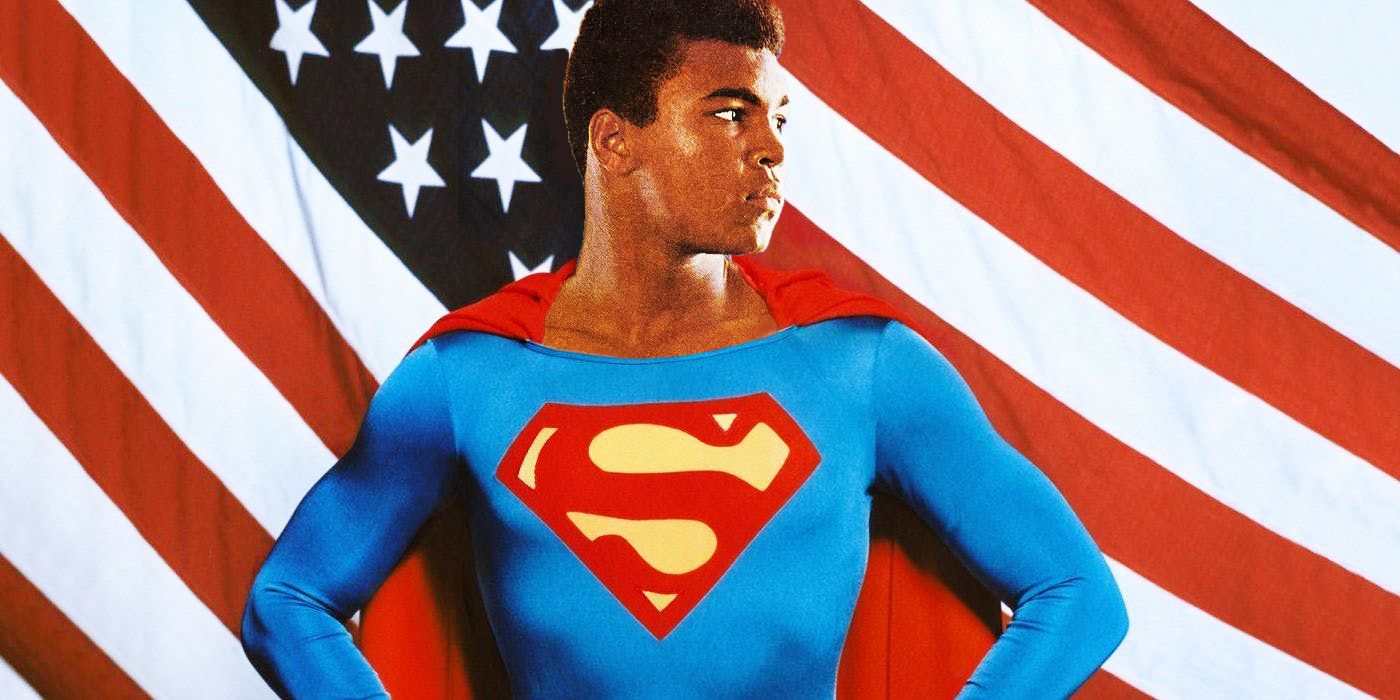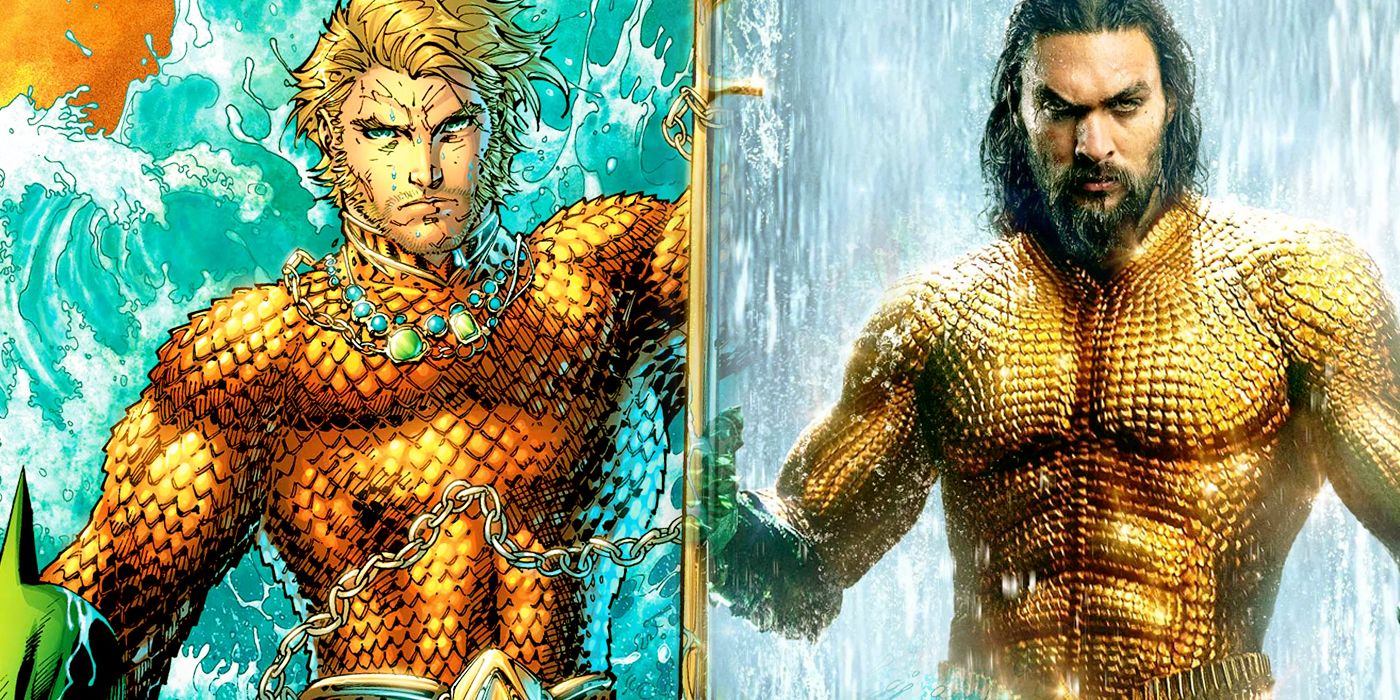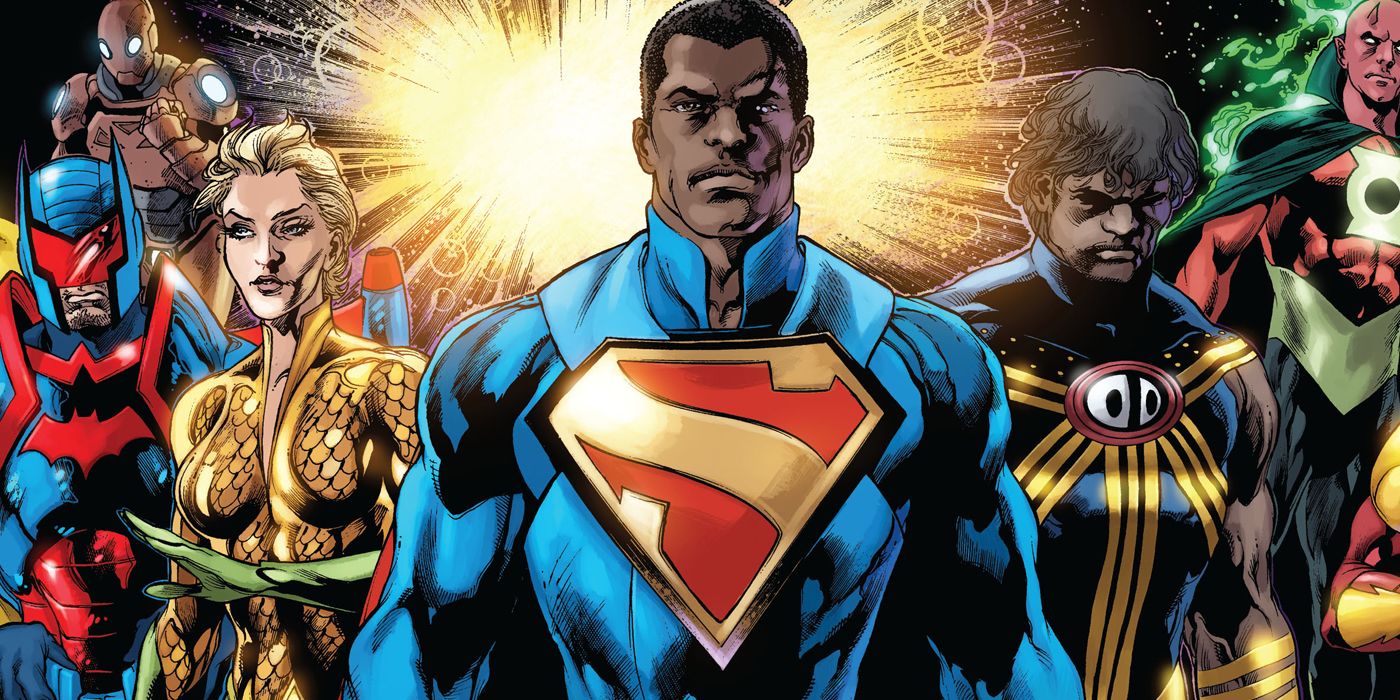* This article has been updated. Details below.
Michael B. Jordan is no stranger to superhero movies. He endured playing Johnny Storm in the 2015Â Fantastic Four before finding much greater success as the villainous Erik Killmonger in Black Panther. As recently as last Fall, rumors abounded that the rising star was going to add an even bigger superhero role to his resume... arguably the biggest superhero role there is! As Warner Bros. reportedly sought to recalibrate its plans for the DC Extended Universe following the apparent exit of Henry Cavill, Jordan was said to be under consideration to play Superman.
RELATED: Michael B Jordan Wants to Play Superman (But Not Clark Kent)
Recently, on the February 16th episode of Oprah Winfrey's Super Soul Conversations, Jordan acknowledged these rumors. He said that was flattered by the rumors, but would be reluctant to take up the role of the traditional Clark Kent Superman because of the inevitable comparisons to previous portrayals. Showing off his comic geek bonafides, he suggested he was more interested in playing Calvin Ellis, the Superman of Earth-23. Ellis was created by Grant Morrison and Doug Mahnke for the 2009 Final Crisis event, and unlike Kent, was created as a black superhero modeled off of Barack Obama and Muhammad Ali.
Jordan said he thinks "the comic book purists can accept that more than me being Clark Kent." Left unspoken is that Jordan's already been on that particular end of controversy over playing the traditionally white Johnny Storm. While memories of that fury have mostly faded due to the 2015 Fantastic Four having far more for comic fans to complain about than just some nontraditional casting, it's clear to everyone that there's a certain segment of fandom that gets angry any time a traditionally white character gets reimagined as a person of color.
Some of those fans are the "purists" Jordan talks about being potentially more accepting of Calvin Ellis or other characters who share the mantle of white heroes, but are separate characters. Of course, a significant portion of those same fans get angry about legacy heroes of color, or even about original heroes of color getting too much attention (see the backlash against Black Panther's Best Picture nomination).
RELATED: Batman of Color: Does The Dark Knight Need to be White?
Arguing with purists merely concerned about canon might be more productive than with those who just get angry about any heroes of color, but it's still a challenge. Those interested in seeing a black Superman on the big screen can sidestep such arguments by requesting a Calvin Ellis movie. But let's say Warner Bros. isn't going to make a Calvin Ellis movie, but instead a black Clark Kent movie. How do you defend that to the purists?
First, you can try to get them to acknowledge that being a "comic book purist" is something of a contradiction for fans of heroes with as long and storied a history as Superman. If we were "purists" about Jerry Siegel and Joe Shuster's original 1938 comics, Superman wouldn't be able to fly and Kryptonite wouldn't exist. Those were radio show inventions. Our whole concept of the character is the result of many artists over the years making changes big and small. Changing Superman's skin color would be just another alternate take on the character.
For evidence of how this sort of change can work amazingly well in a blockbuster movie, just look at Aquaman. Arthur Curry's always been blond-haired and blue-eyed in the comics, but on screen he's played by mixed-race Jason Momoa. This casting choice was untraditional, but Momoa was a ton of fun in the role and his mixed-race identity added real world relatability to the character's "caught between two worlds" dynamic. Lest we forget, the movie is also the highest grossing DC film at the world-wide box office.
Fans might have been more receptive to such casting for Aquaman given not many would call themselves huge fans of the much-mocked original character in the first place. Superman is a bigger part of people's lives, and it's hard for many to see Superman as anyone but a white guy, despite the fact that the Man of Steel has already been played by Dean Cain, an actor of Japanese descent.
Of course, technically, Superman isn't even caucasian. He's Kryptonian.
Superman is a member of a fantasy alien race. There's no reason a fantasy alien has to be played by a white guy. In fact, scientifically speaking, there's actually reason to believe that beings dependent on absorbing solar radiation for power would be darker-skinned.
But let's ignore scientific plausibility for now, and instead focus on meaning. Superman is an alien because Superman represents the outsider. He's able to assimilate, to "pass" as part of the majority, but he's a minority. Siegel and Shuster were both children of Jewish immigrants at a time when Jews and other immigrant groups didn't have the social status of "whiteness" in America.
If you wanted to directly capture the original metaphorical power of their vision and translate it to the present day, you don't cast a white actor but someone like Oscar Isaac or Rami Malek, actors of color who can "pass" enough to play white characters (Isaac's critical break-out was playing the Welsh protagonist of Inside Llewyn Davis, Malek got to audition for Han Solo). In this regard, it would be interesting to see Dean Cain revisit his role on Lois & Clark, given that his biological Kryptonian parents on the show were played by caucasian actors David Warner and Eliza Roberts.
RELATED: Muhammad Ali Almost Played Superman On-Screen
Of course, the black experience in America is wildly different from the experience of other minorities. The first African-Americans were not immigrants, but rather brought to this country by force. A black Superman is a radical change from the "assimilated immigrant" vision of Superman. A black Clark Kent could hide his powers, but he could never hide being part of a minority group. This extreme visibility, this inability to hide his outsider-ness, would be even more dramatic if he's still adopted by a white family in Kansas. It's not the traditional Superman dynamic, but it's potentially a very interesting one.
“Truth, Justice and the American Way†has fallen out of fashion with the franchise in recent decades, but with a black Superman, the seemingly antiquated slogan is given new meaning; it becomes a question, an examination or a debate – about criminal justice, inequality, and so forth. Translating an immigrant allegory to an African-American allegory requires shaking up some details, but this new take on Superman could prove just as inspirational. Whether they present him as Calvin Ellis or call him Clark Kent, if WB decides to make the next Superman black, there's no reason to get angry and plenty of reason to get excited.
* Update: In response to our article, Dean Cain posted the following to Twitter:
The purpose of this article was to raise the question of how fans would react to a person of color playing Superman today, not to suggest that it had not been done before, nor ignore the contributions to the character by any one actor on-screen. However, as Dean Cain is an actor of Japanese descent, we acknowledge that the original article should have made mention of him playing the character on the Lois & Clark TV program between 1993 and 1997, and have updated the post accordingly.




